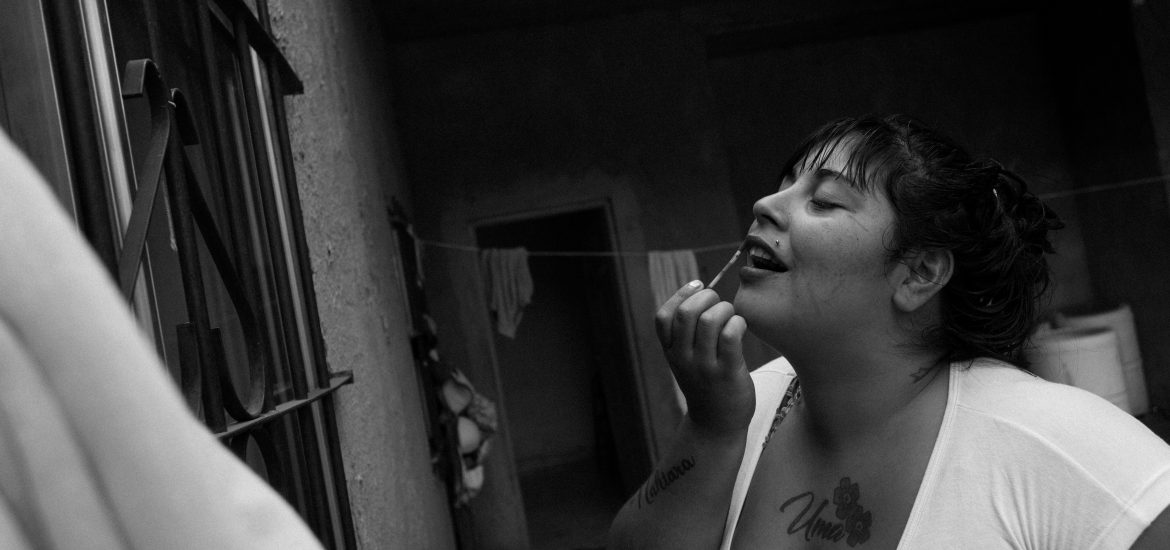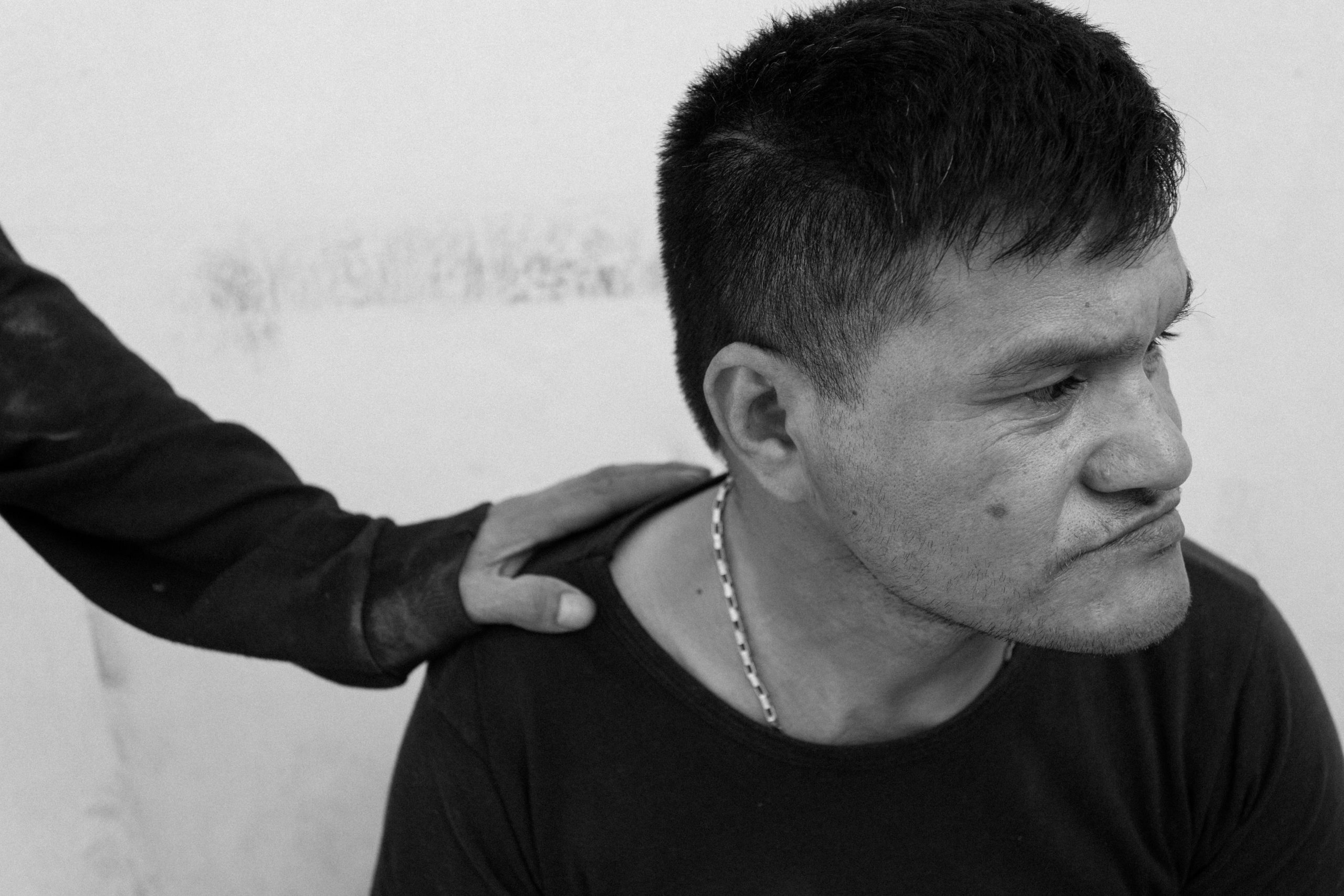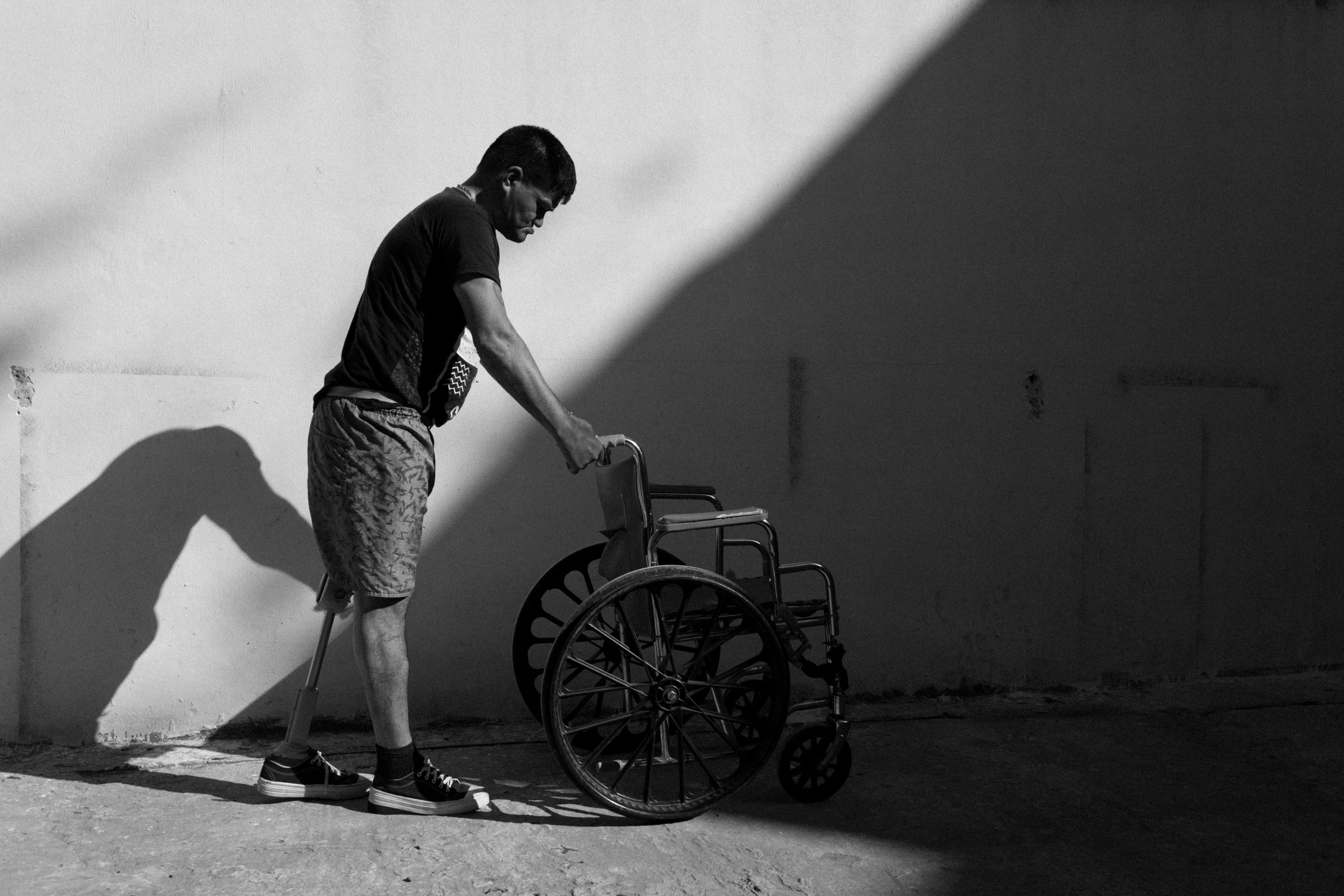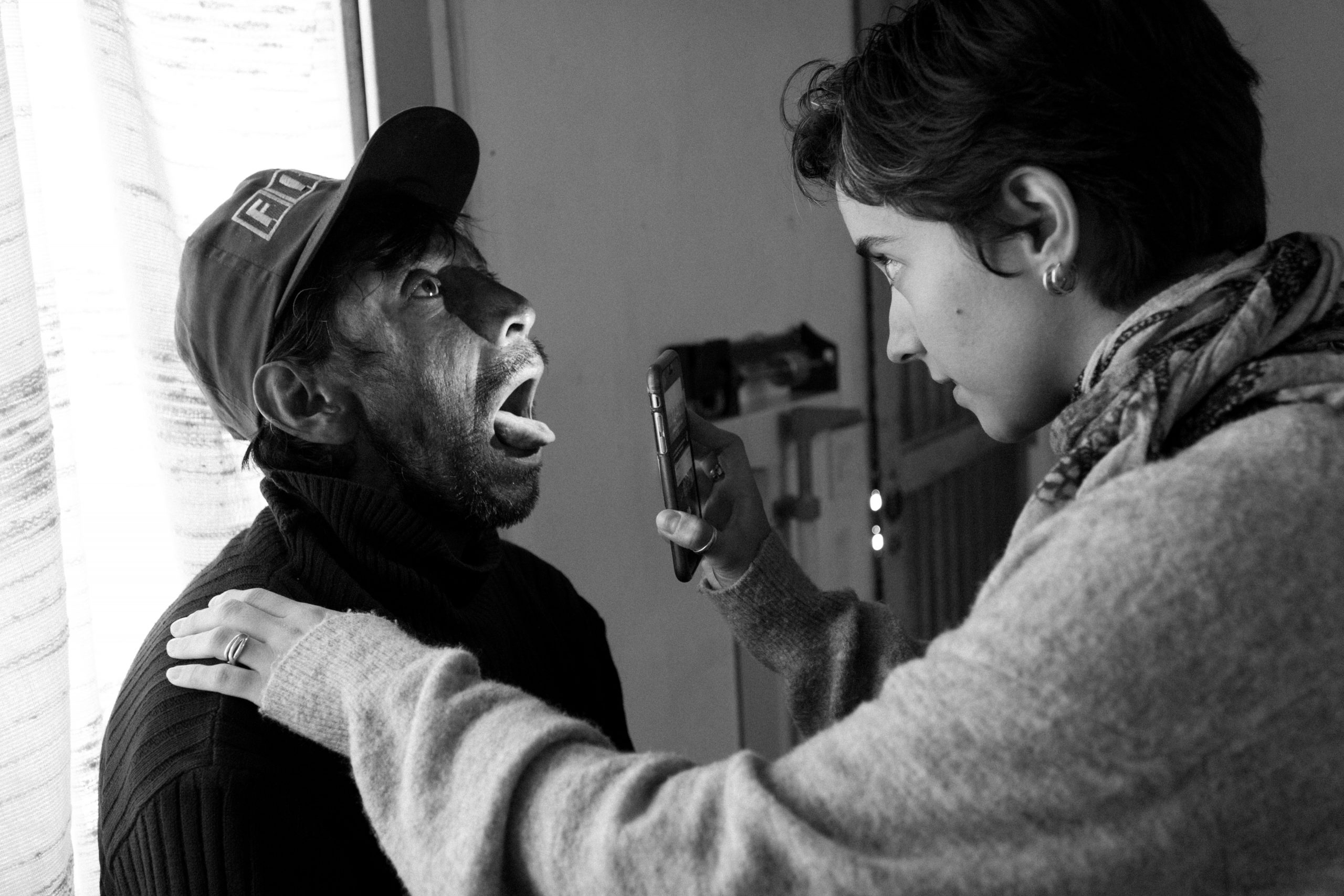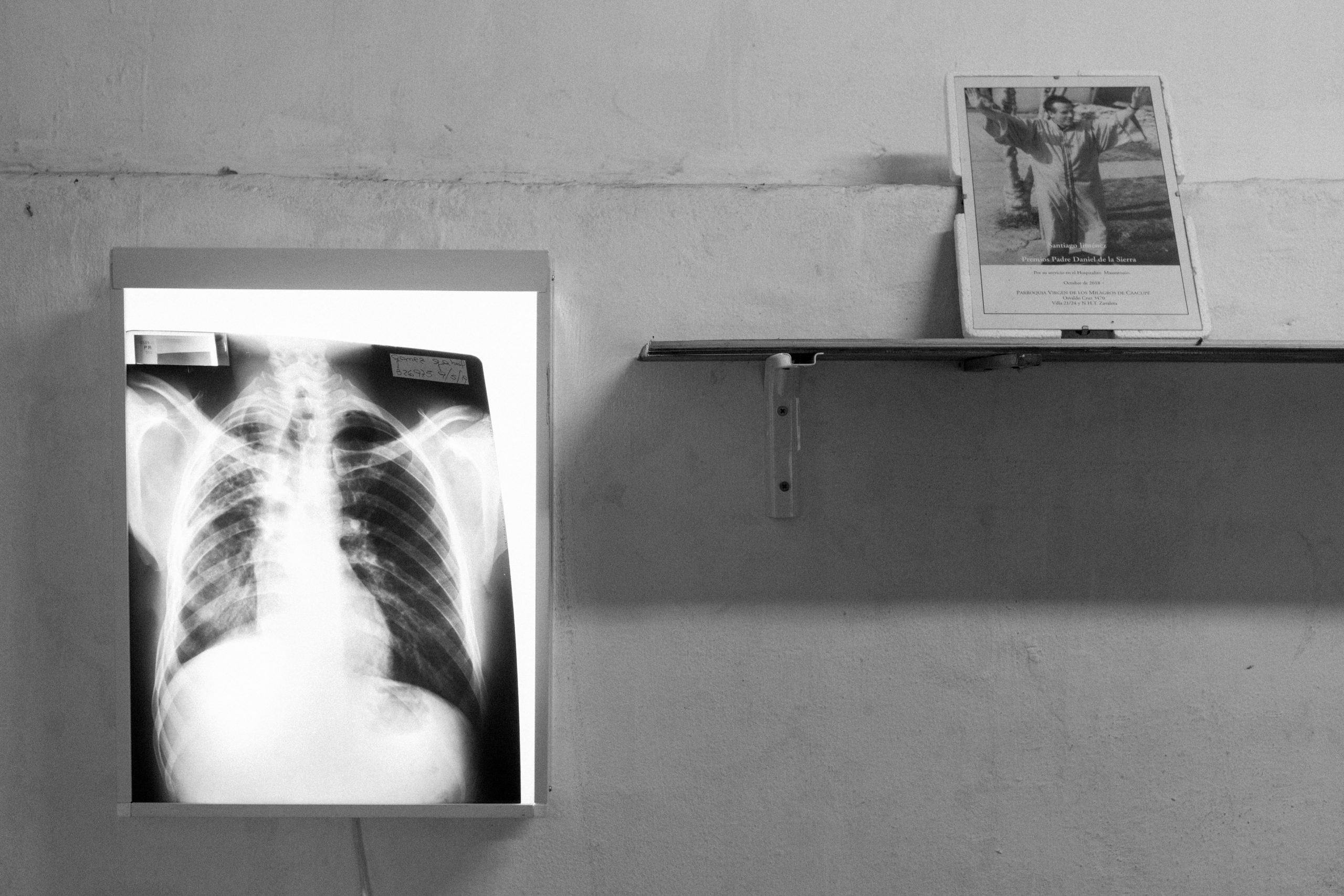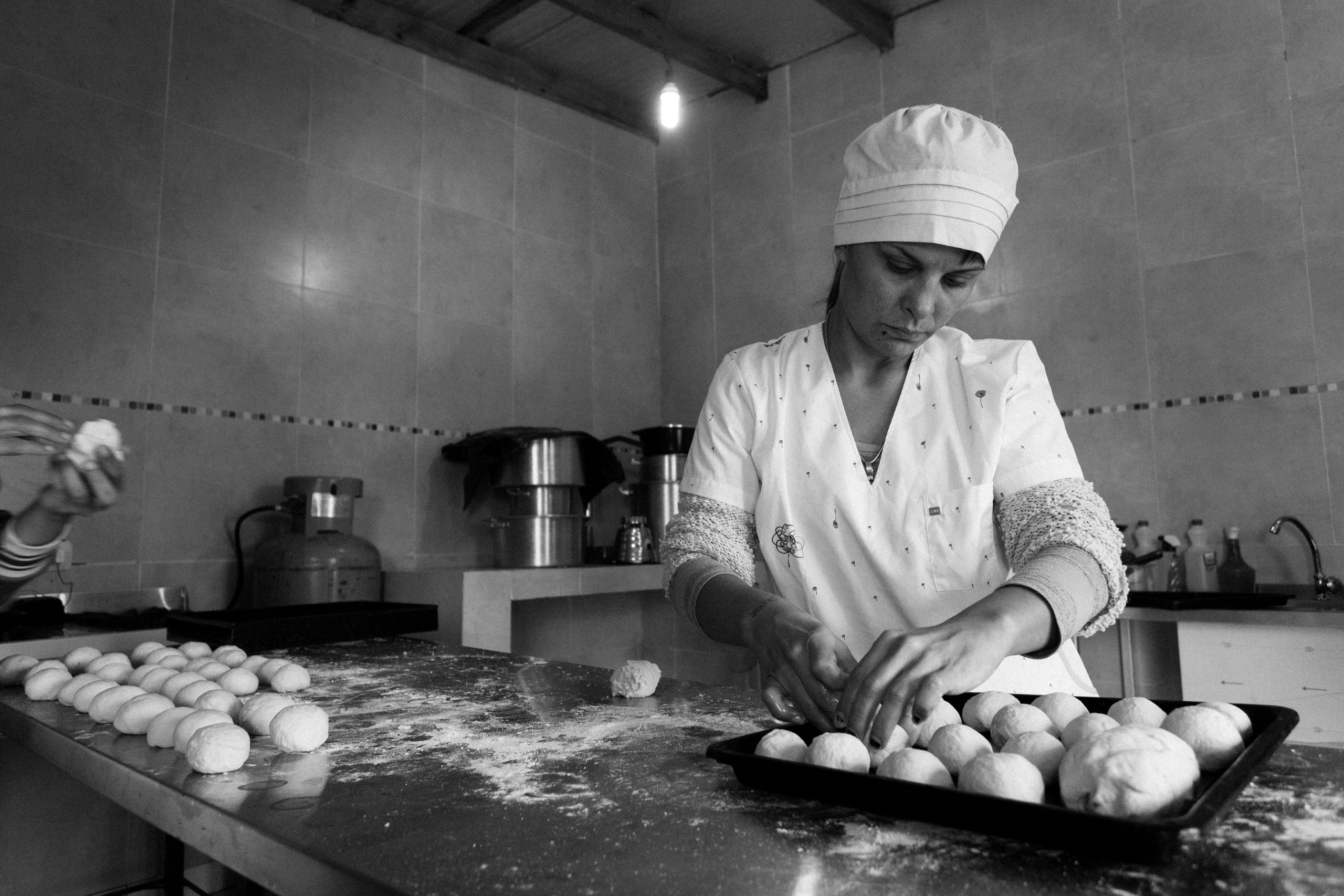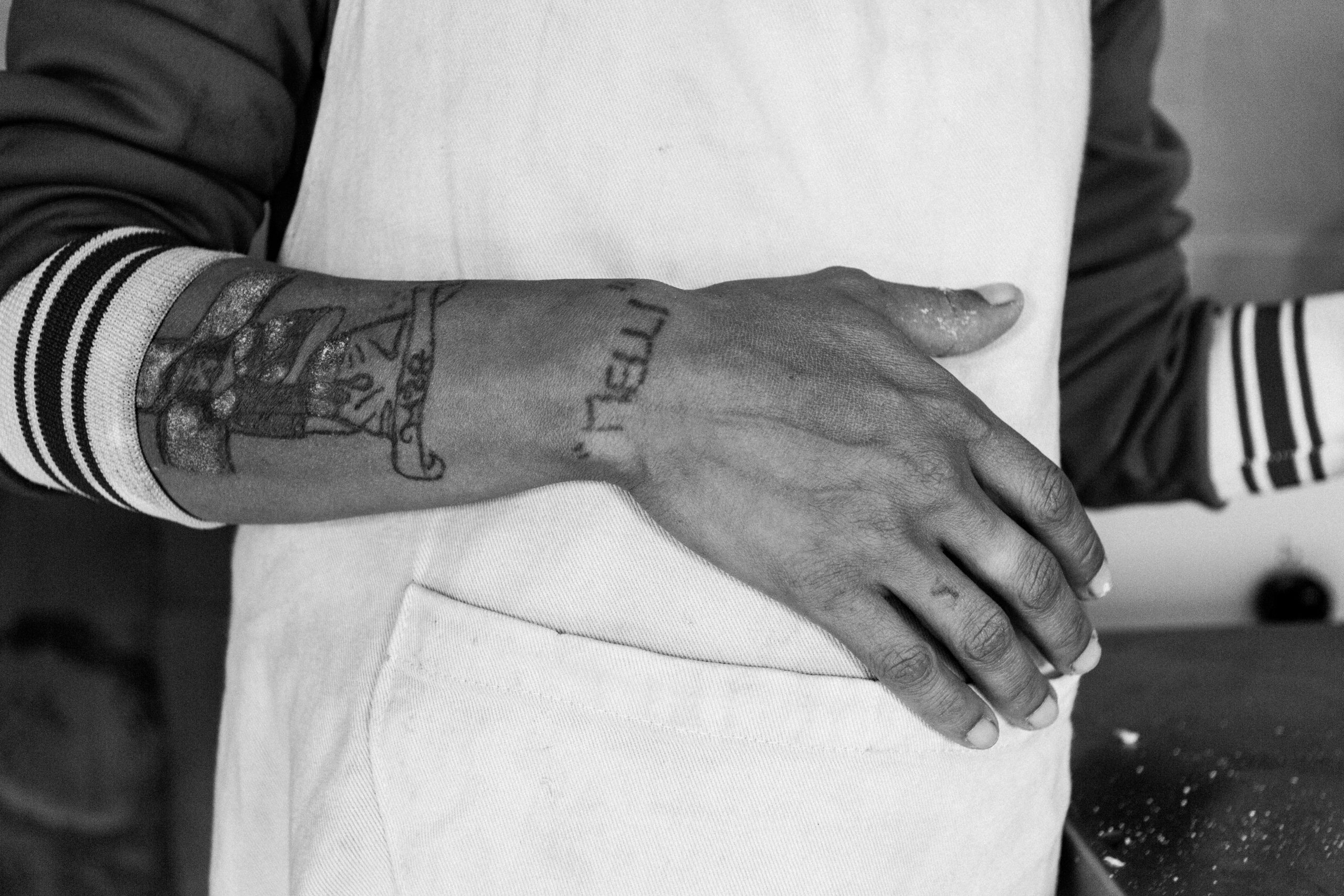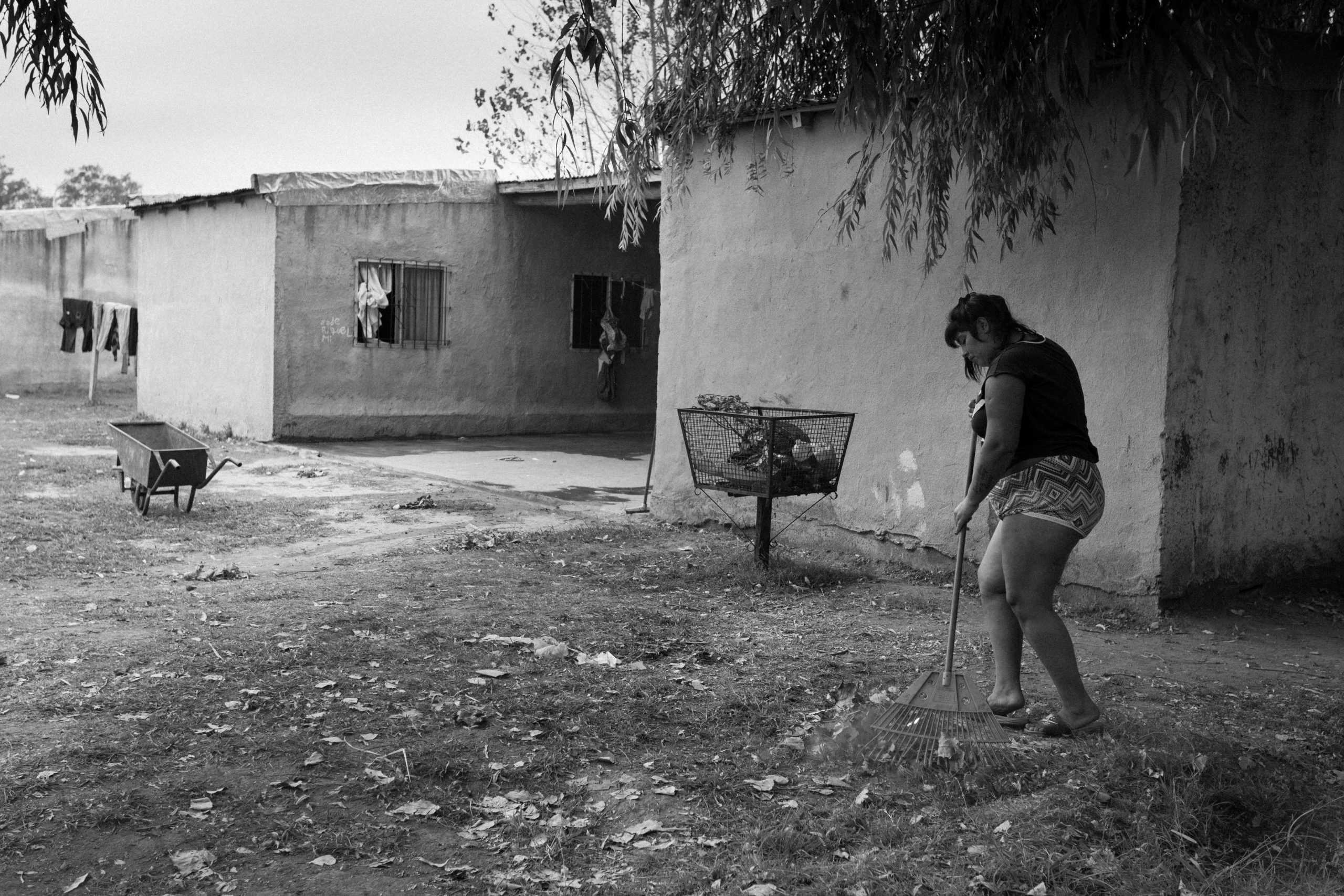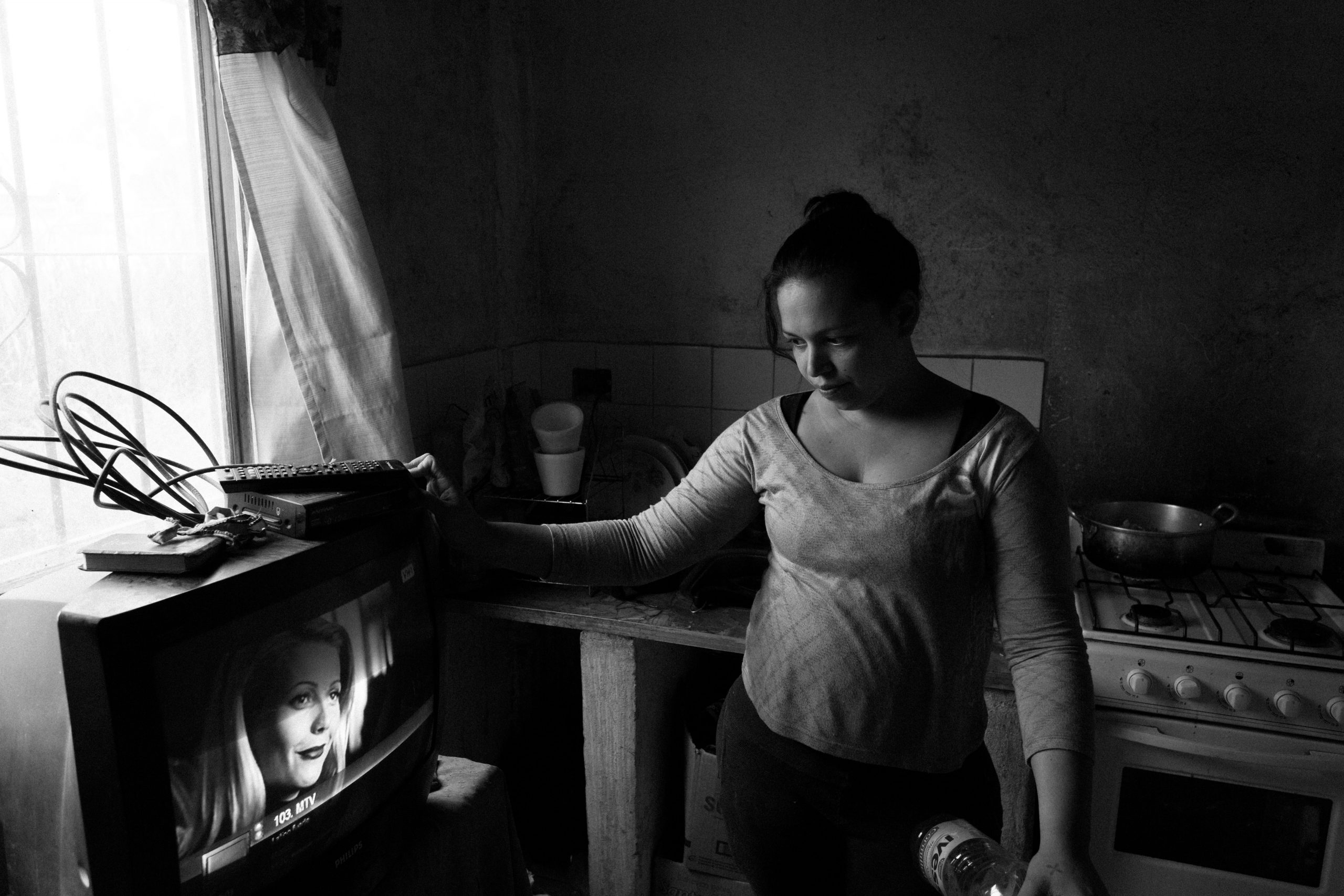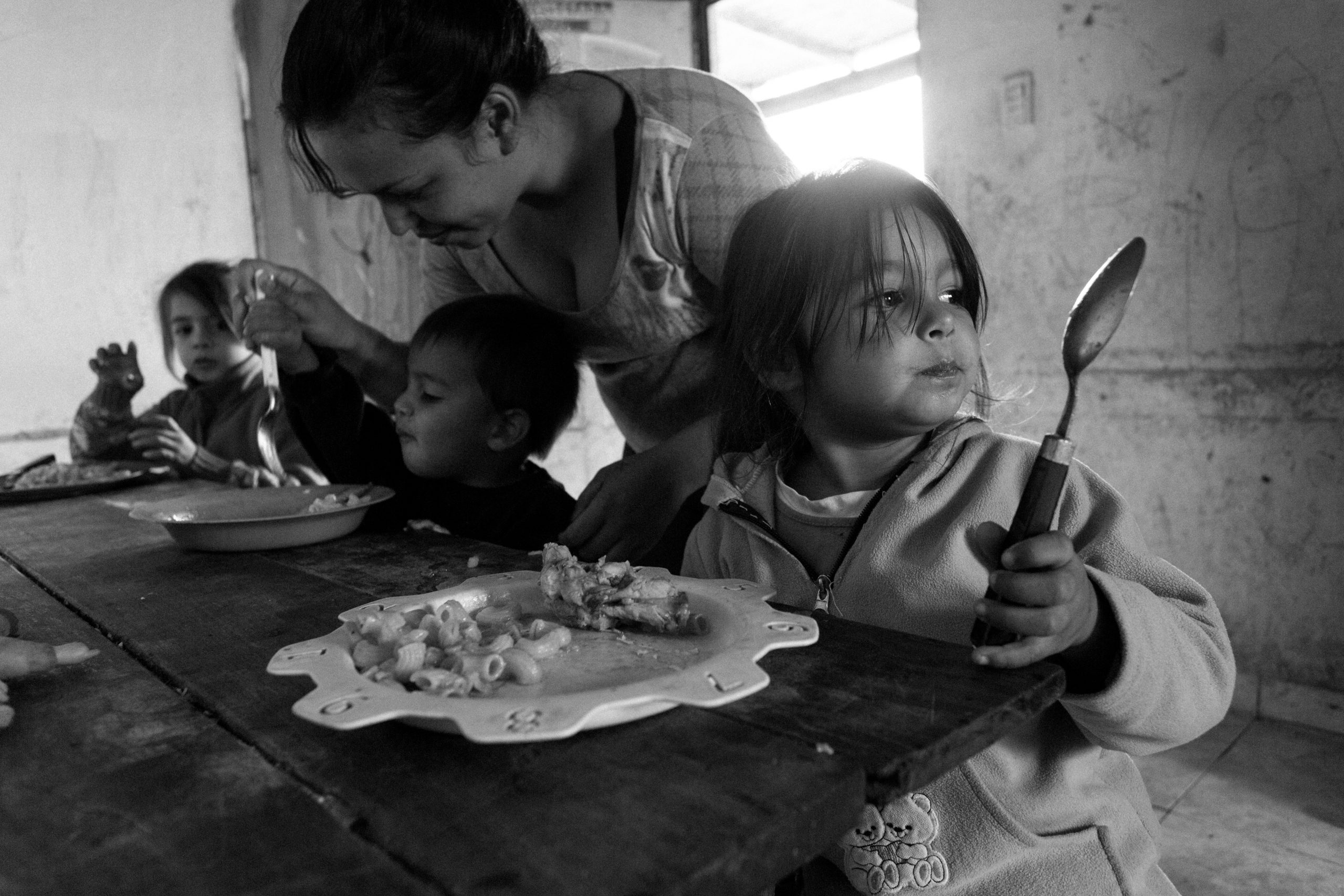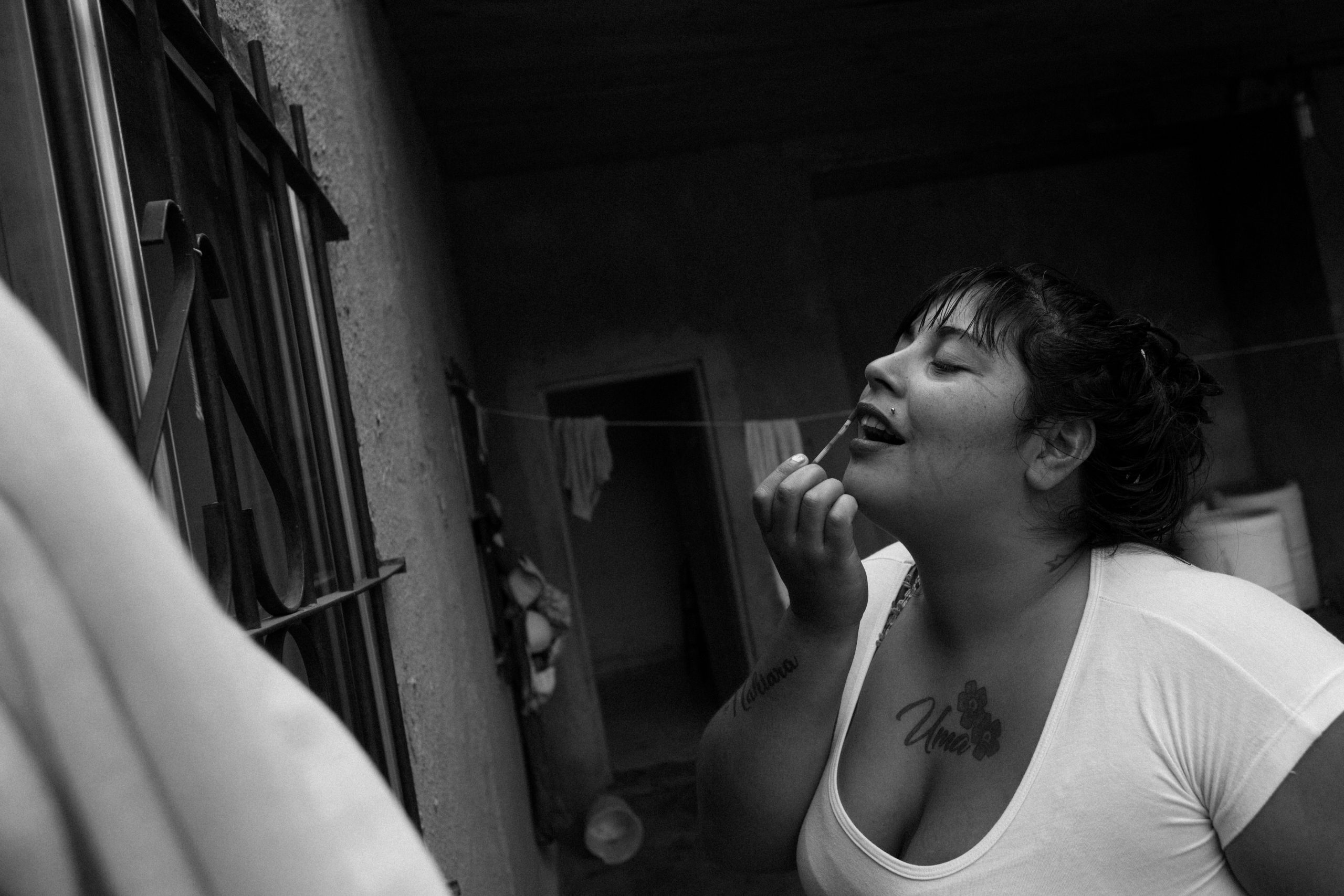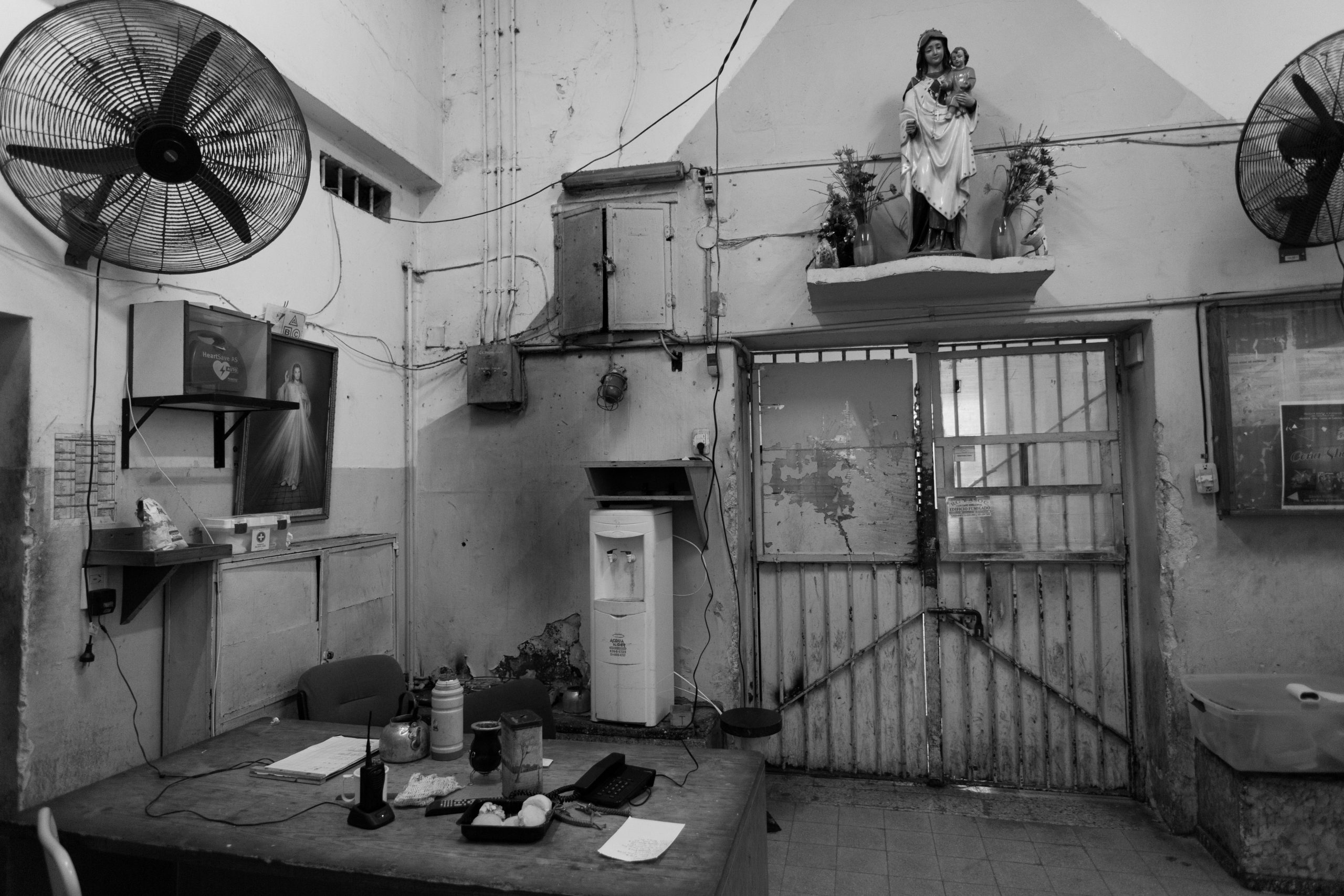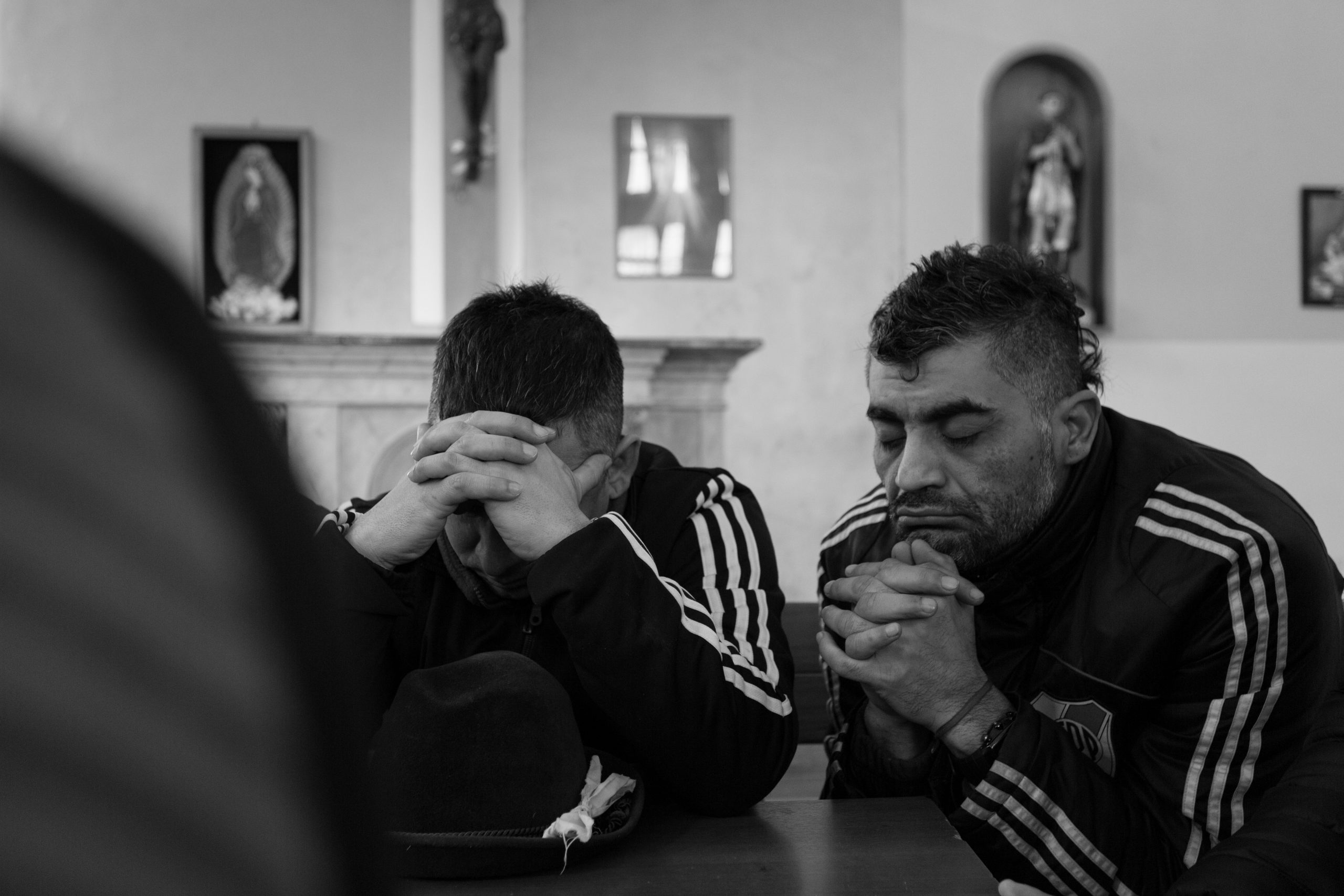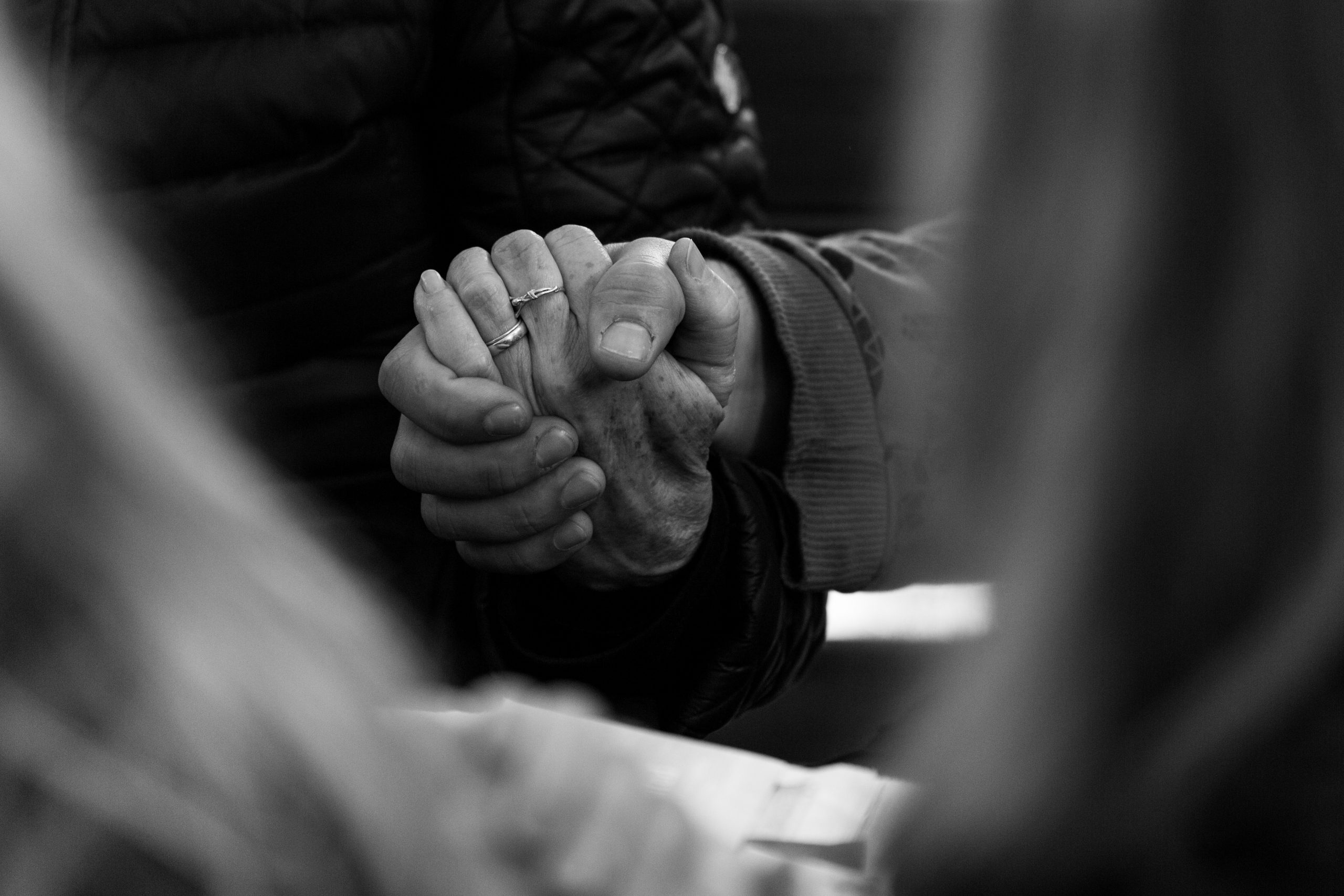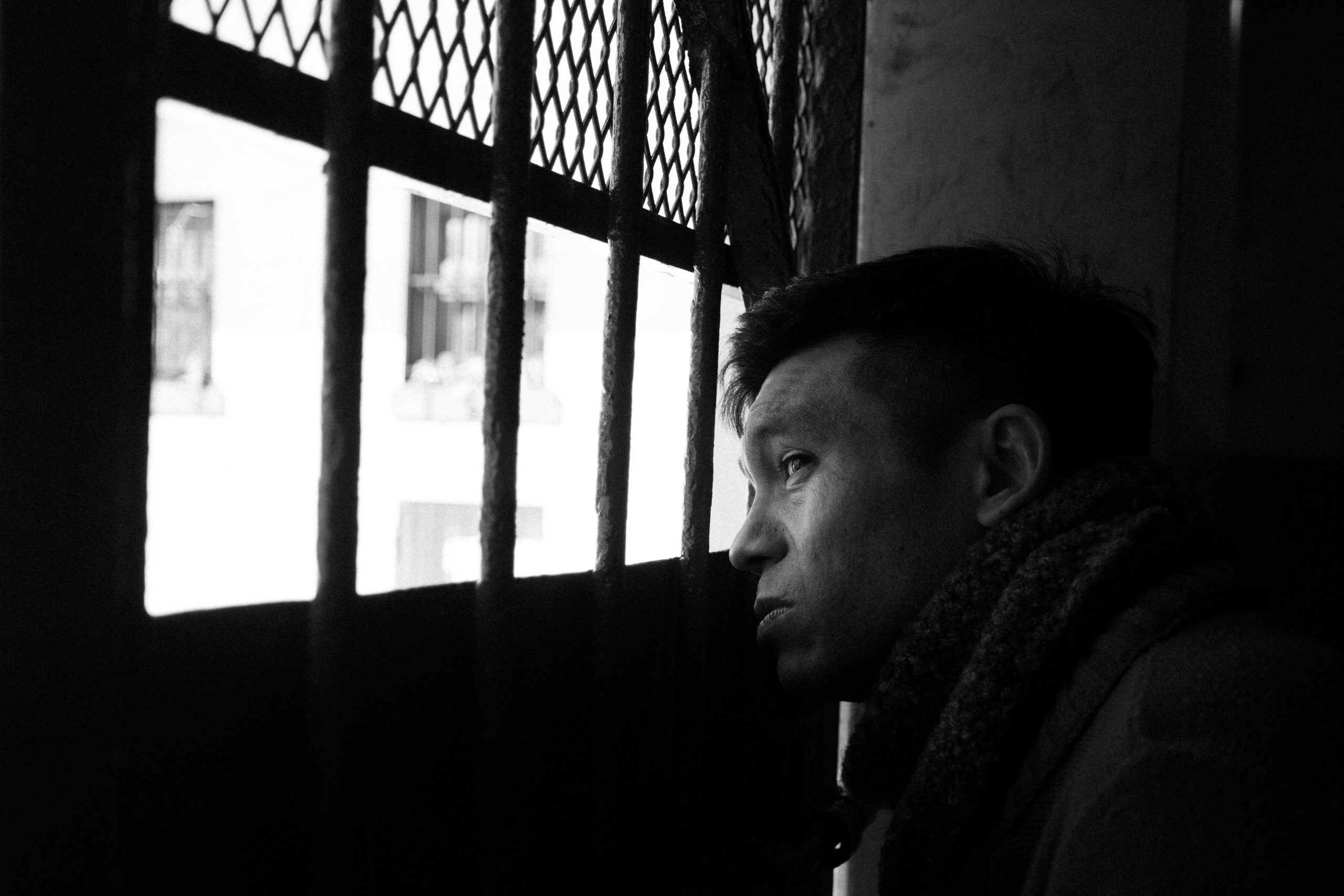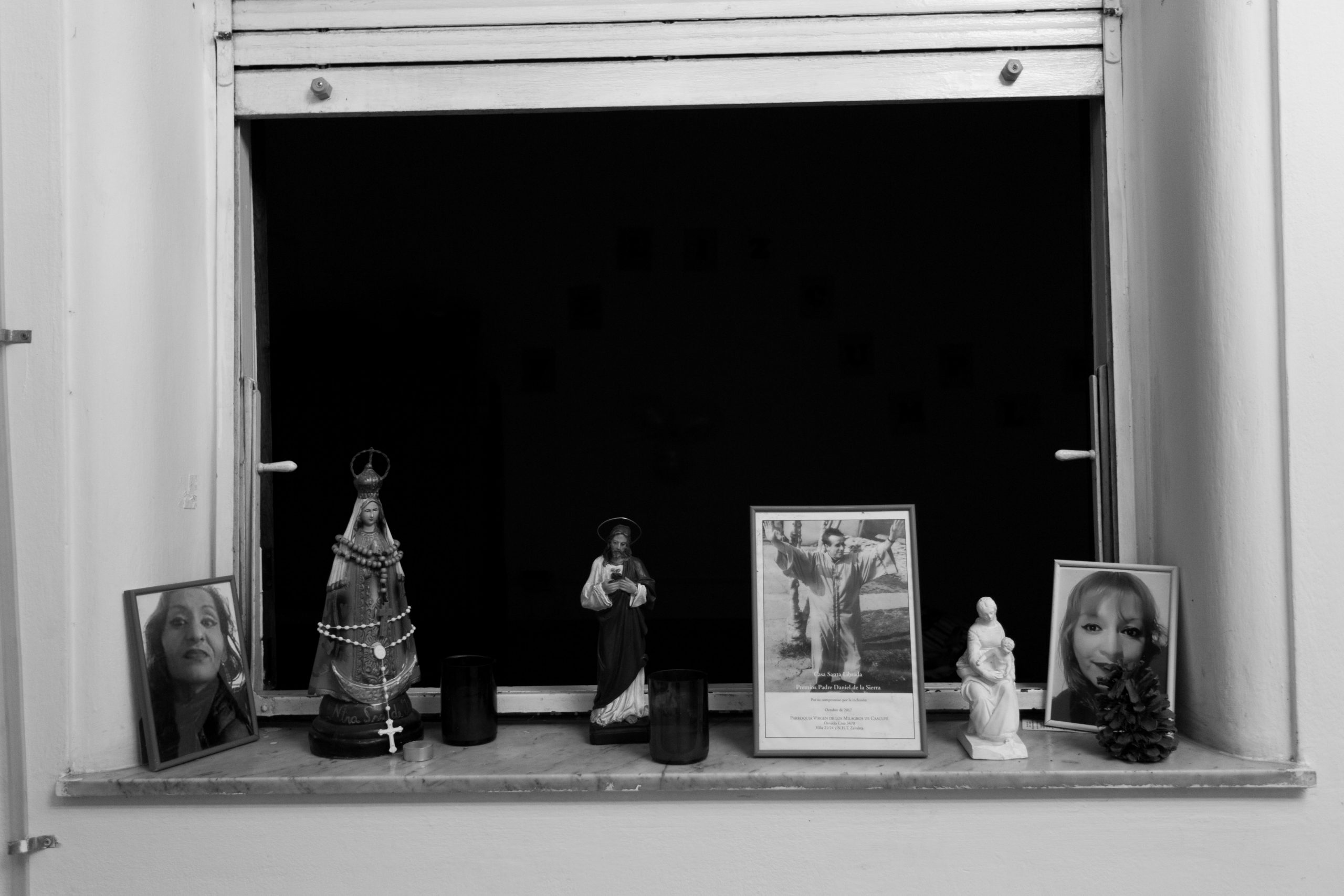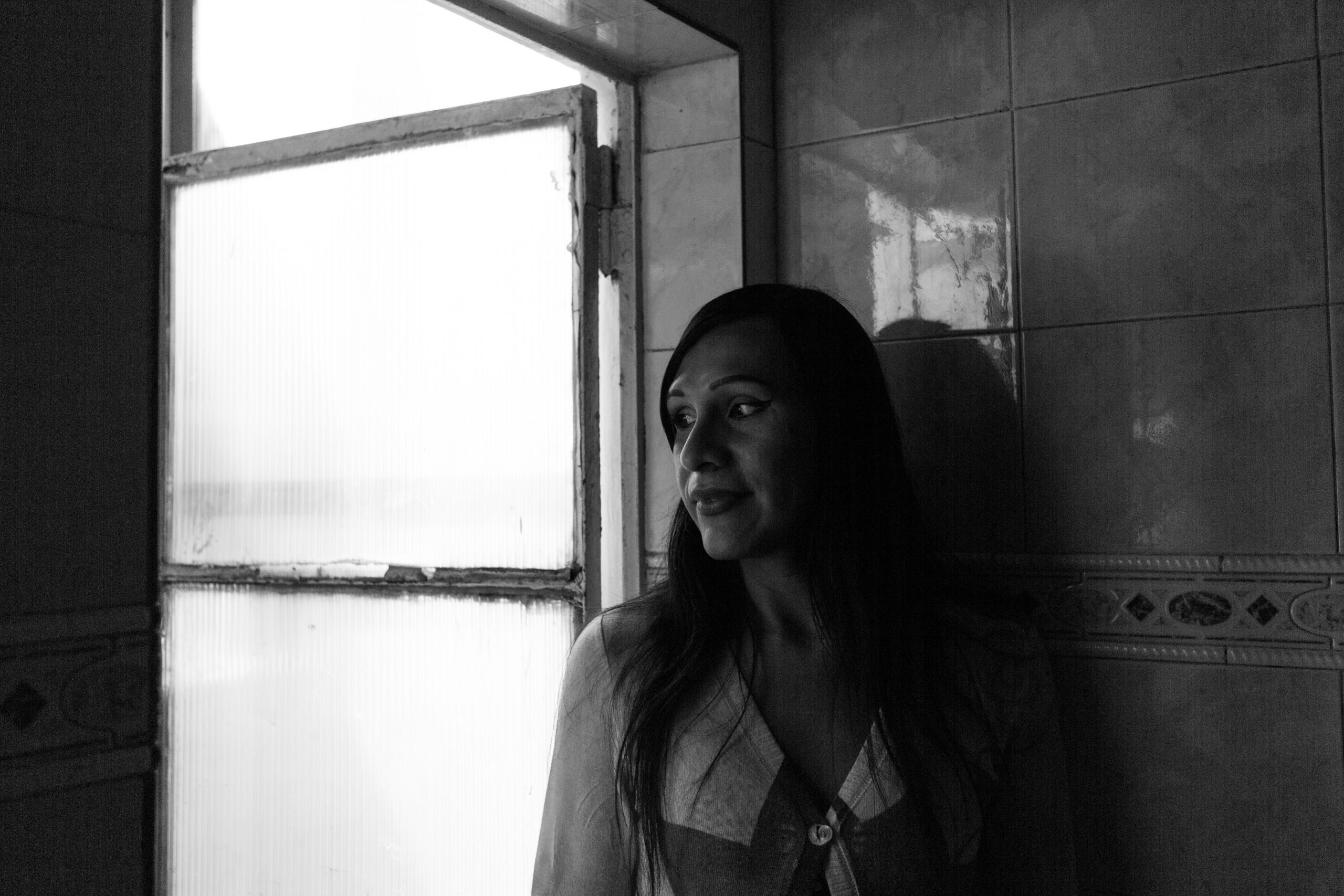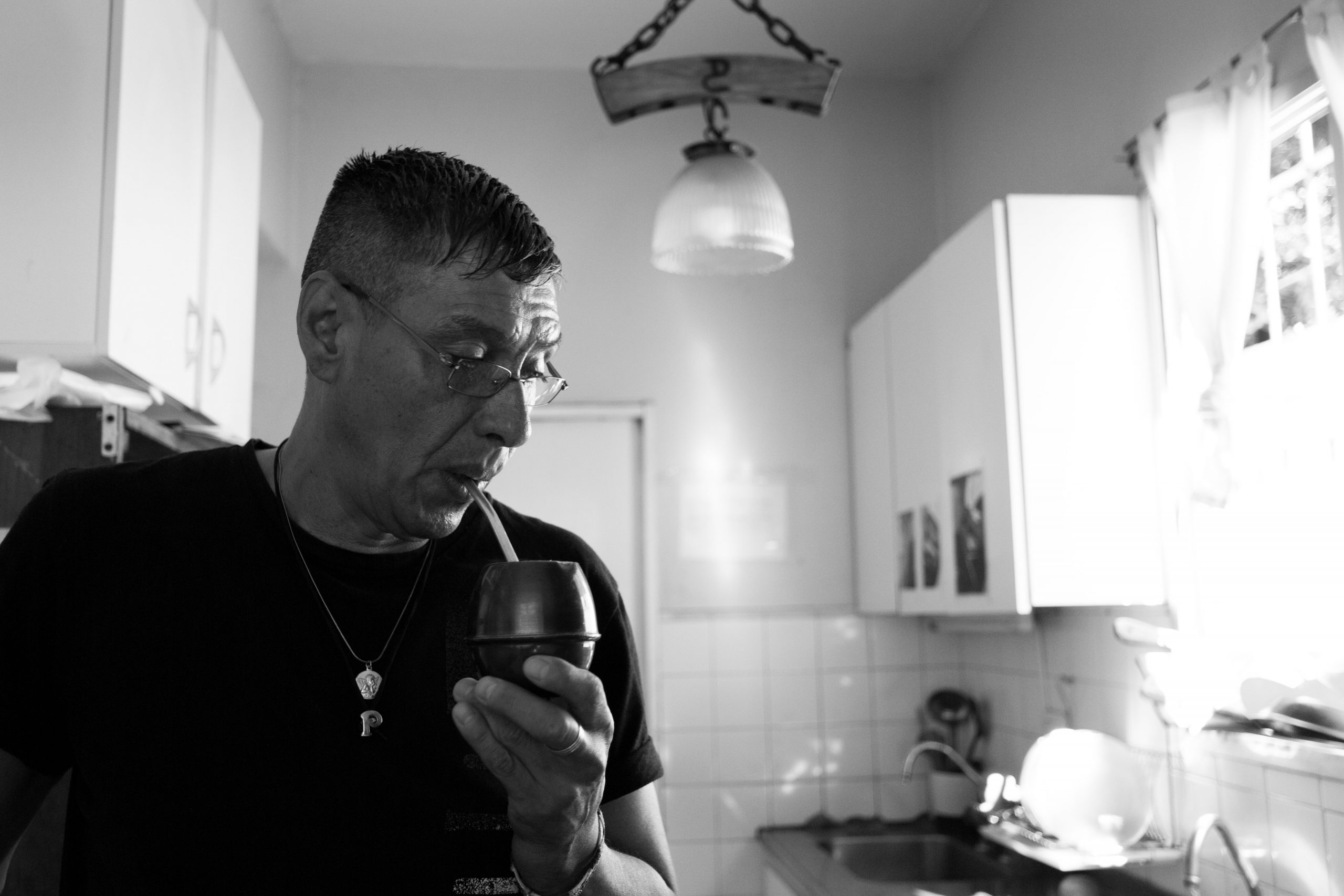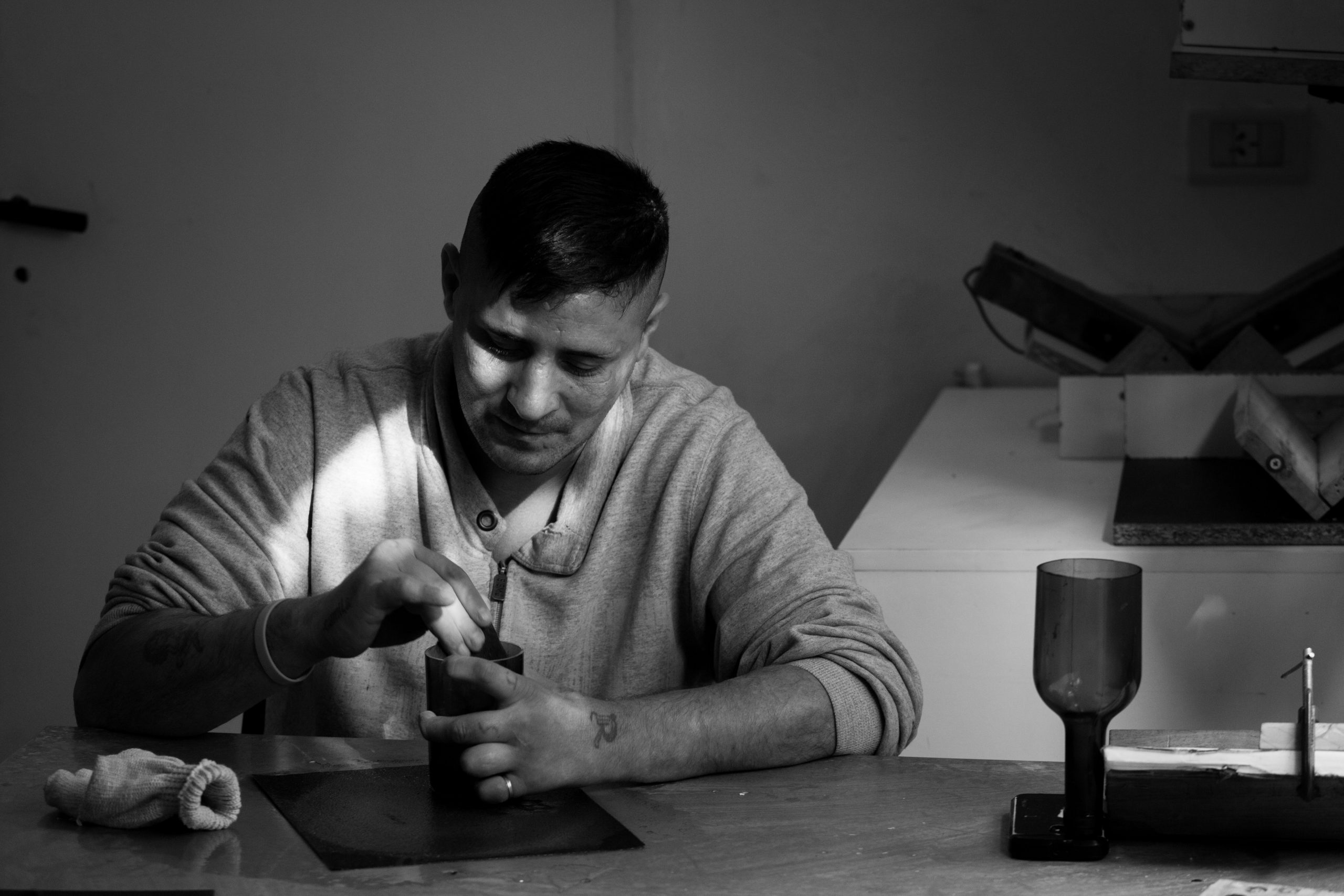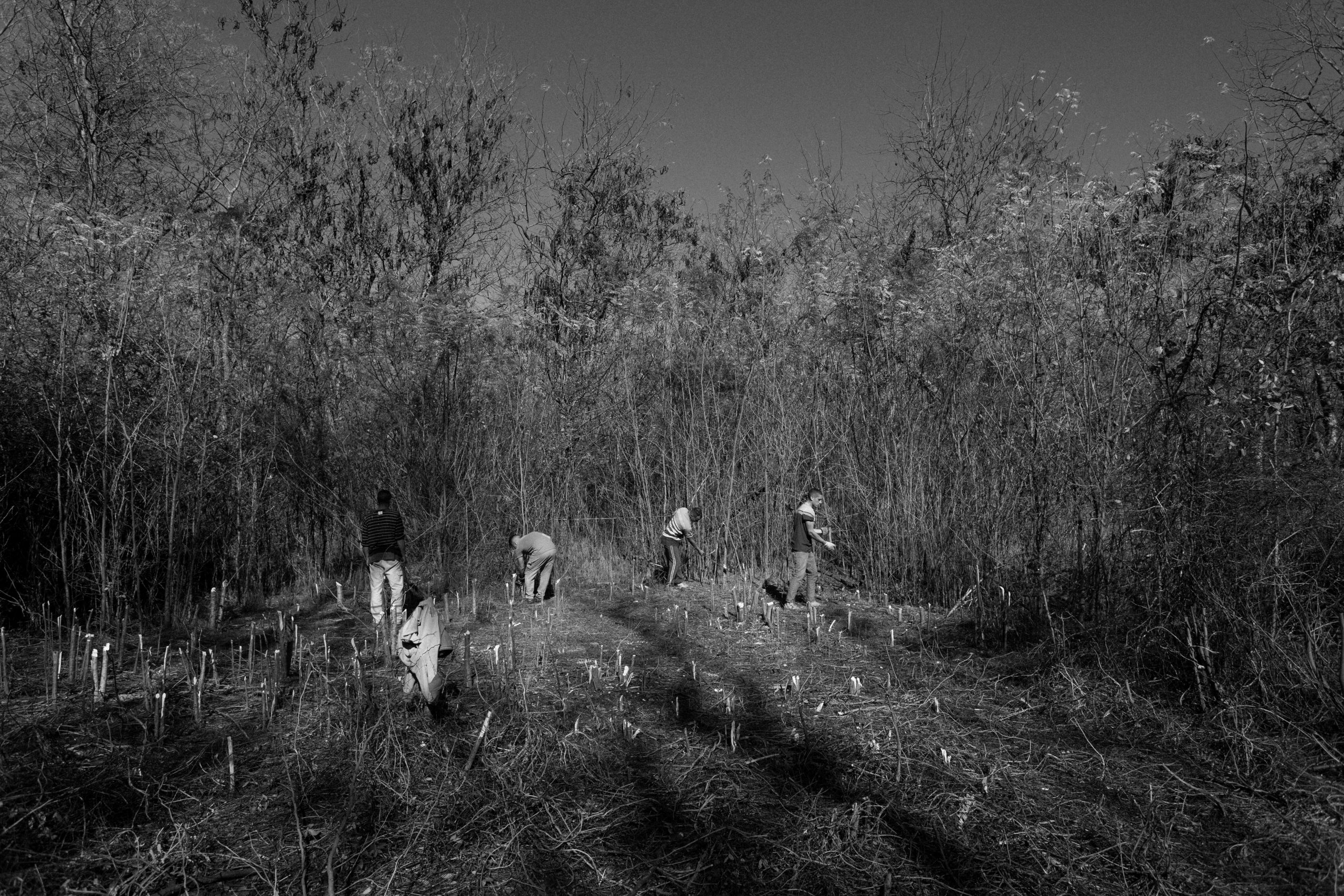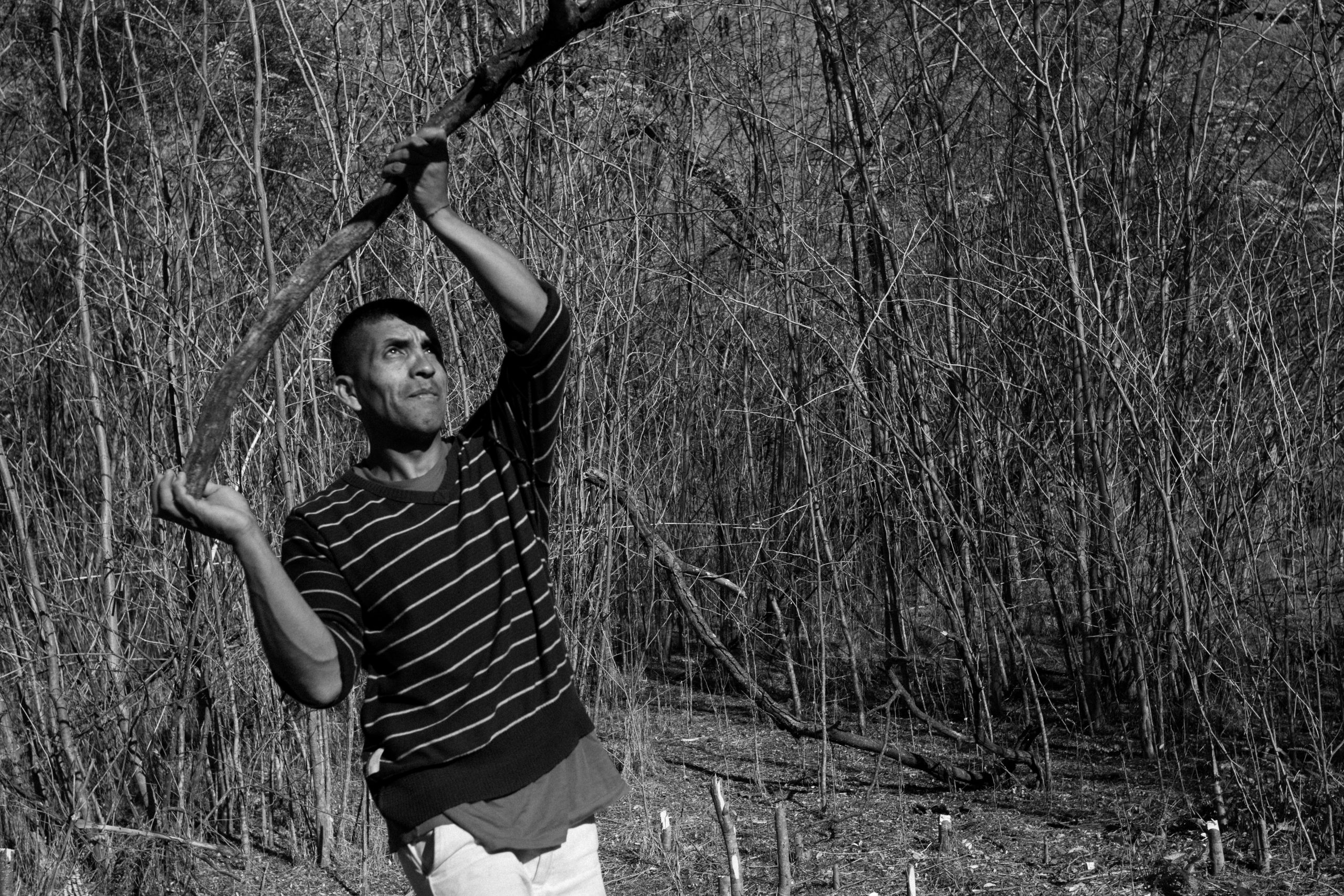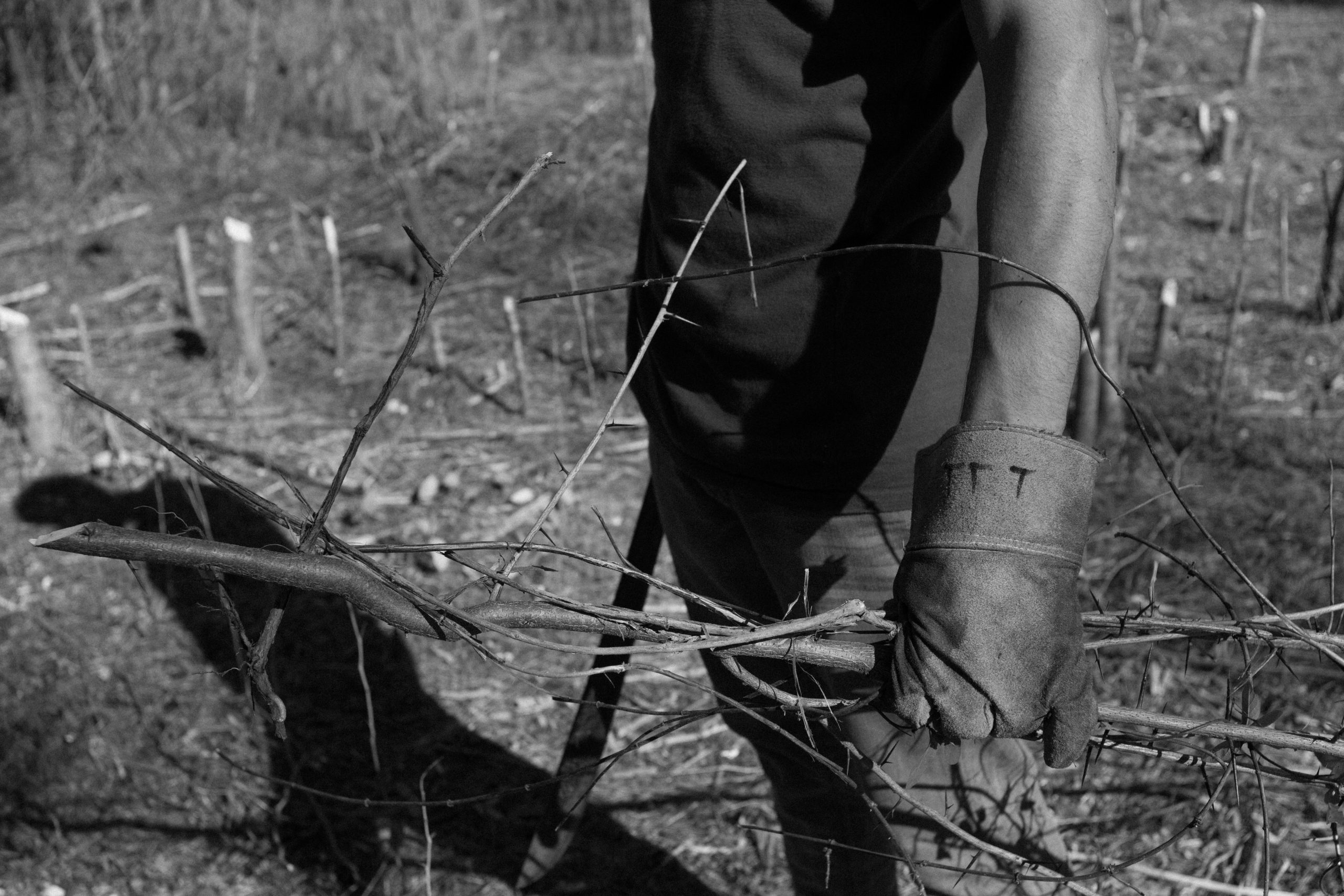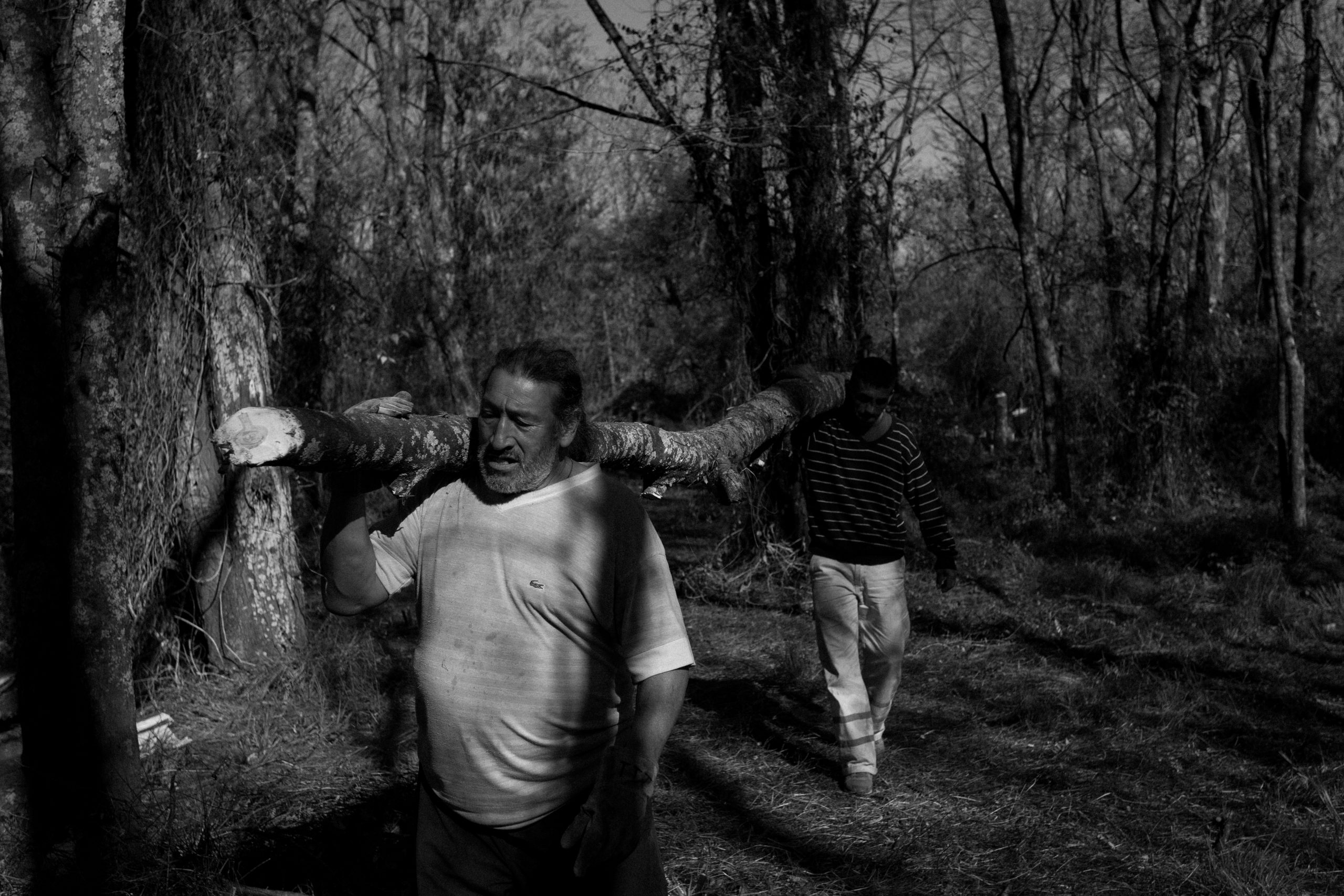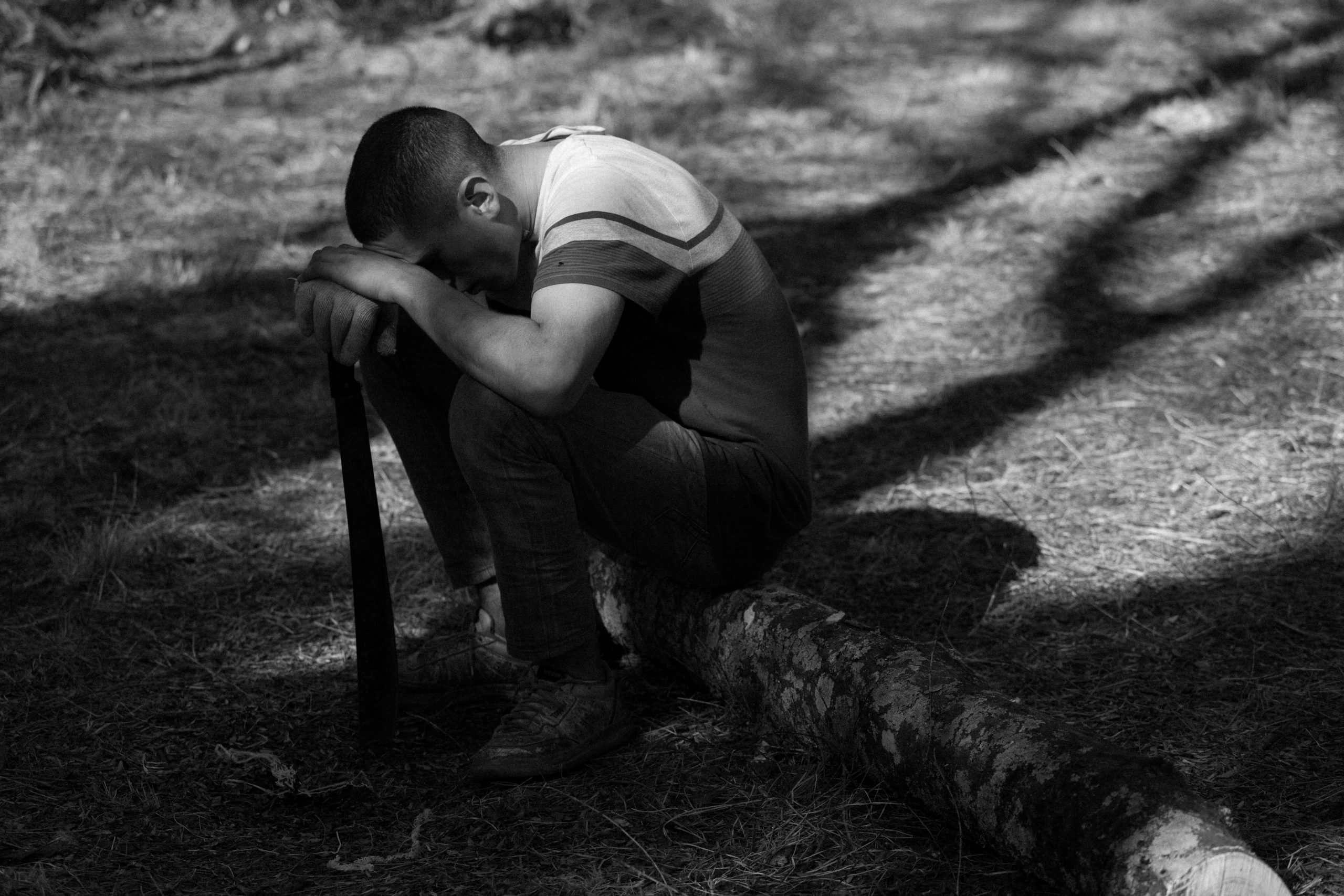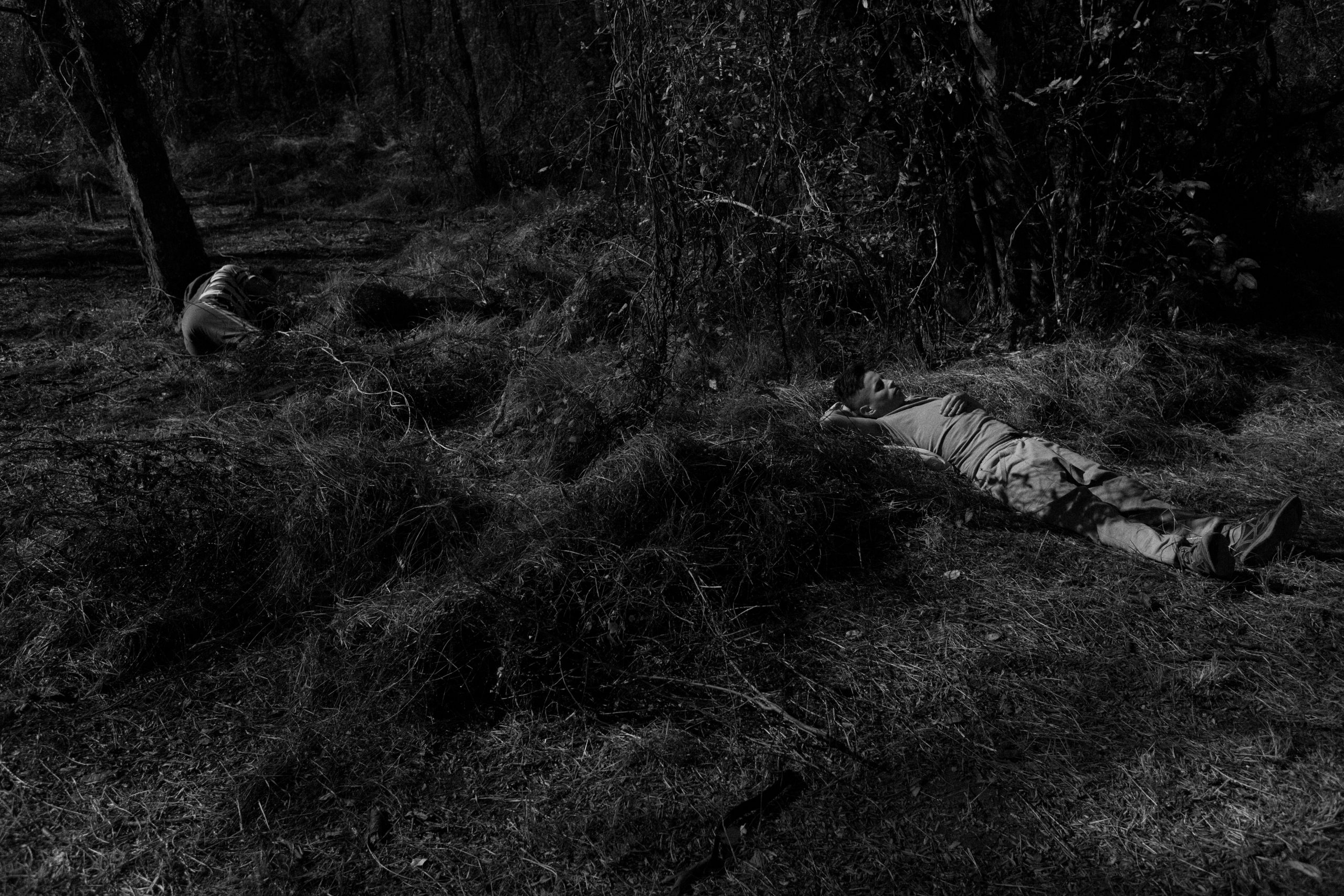The havoc wrought by Cocaine Base Paste Addiction: A growing public health concern
Cocaine base paste (“Paco“) addiction presents a growing public health problem, characterized by its high incidence, resistance to treatment, and the disturbing trend of consumption at increasingly young ages.
The use of ‘paco’ is often a means to alleviate pain, fill emotional voids, and provide temporary relief from life’s hardships. However, living on the streets or in squalid conditions makes paco users highly susceptible to contracting diseases such as tuberculosis, a potentially severe infectious bacterial disease that primarily affects the lungs.
In the heart of Buenos Aires city, ‘The Hospitalito‘ (The ‘Little Hospital’) strives to offer holistic support to individuals grappling with complex health issues, prioritizing those suffering from tuberculosis or HIV who have struggled to maintain consistent treatment within the existing healthcare system. The prevalence of tuberculosis has surged in recent years, partly due to the economic and social crisis affecting Argentina.
Beyond addressing the medical aspects of diseases and addiction, ‘The Hospitalito‘ aims to create a nurturing environment, fostering a sense of belonging and delivering comprehensive support tailored to the specific needs of each individual. Every case is unique, and each person faces distinct challenges requiring tailored interventions. For those looking to embark on the journey to recovery, there are initial support services that welcome and guide them.
‘Casa Libertad‘ (‘The Freedom House’) collaborates with individuals incarcerated in various correctional facilities throughout Argentina, as well as those seeking reintegration into a society that often turns a blind eye. This program offers crucial psychological support and assistance with securing housing, employment, and resolving legal issues. Moreover, it provides recreational activities and vocational workshops to equip individuals with valuable skills.
Families also bear the heavy burden of these circumstances, enduring immense hardships. Many family ties are strained, and, in some cases, the courts intervene to safeguard children and place them in more favorable environments.
In General Rodriguez, within the province of Buenos Aires, the ‘Madre Teresa‘ farm operates. Here, single mothers engage in bakery work and have the opportunity to enroll their children in kindergarten. Others strive to complete their rehabilitation journey, with the ultimate goal of having their children returned to them through legal means.
The farm serves as a haven for families seeking to build a future beyond the city. It offers assistance in acquiring land, constructing homes, securing employment, fostering a supportive community, and integrating into educational, healthcare, and recreational programs. This vision aligns with the ‘Three T‘ project: ‘Tierra, Techo y Trabajo‘ (land, roof, and work).
A particularly vulnerable group includes transgender girls who confront a complex reality marked by life on the streets, prostitution, substance abuse, sexually transmitted diseases, legal entanglements, and pervasive societal exclusion. Their experiences reveal profound spiritual, economic, and social vulnerability, compounded by a severe lack of opportunities.
With professional guidance, resilience, and unwavering effort, these individuals can regain their health, rebuild vital connections, address legal challenges, and work toward a more promising future.
This is a glimpse into the challenging landscape faced by many individuals in Buenos Aires, Argentina.
Buenos Aires, Argentina.
© Nicolás Preci
